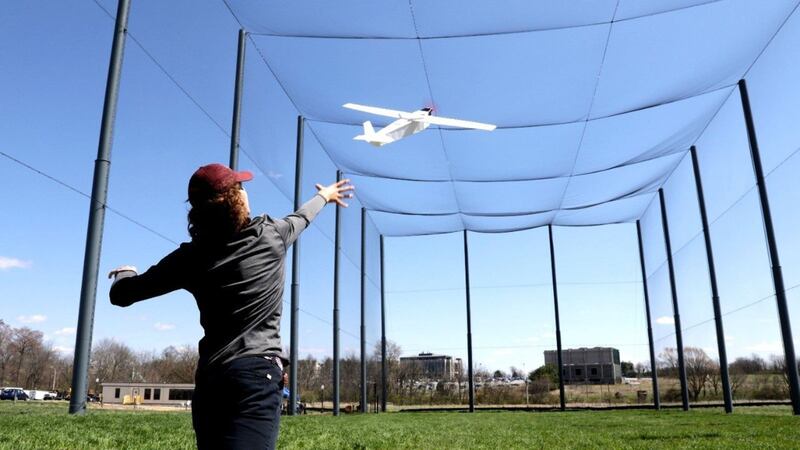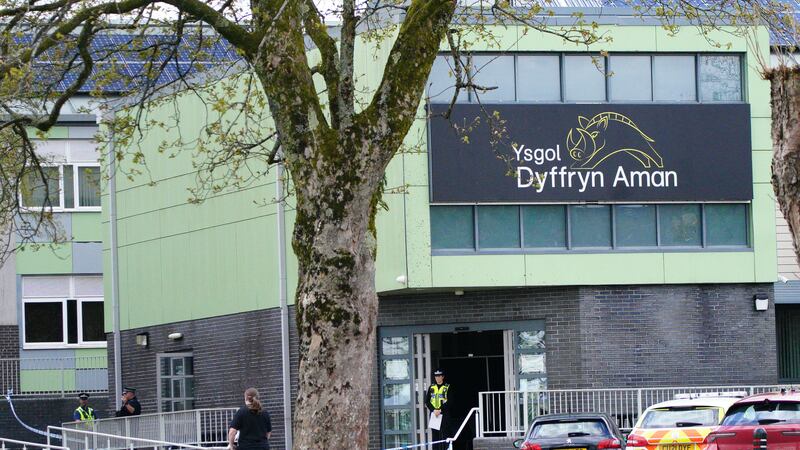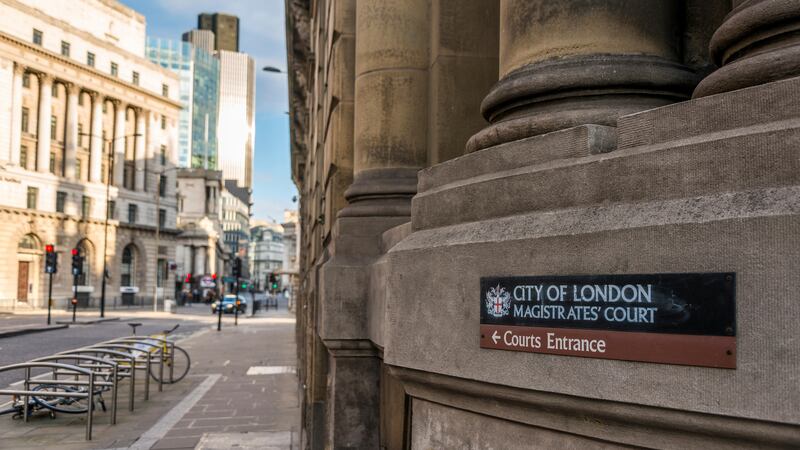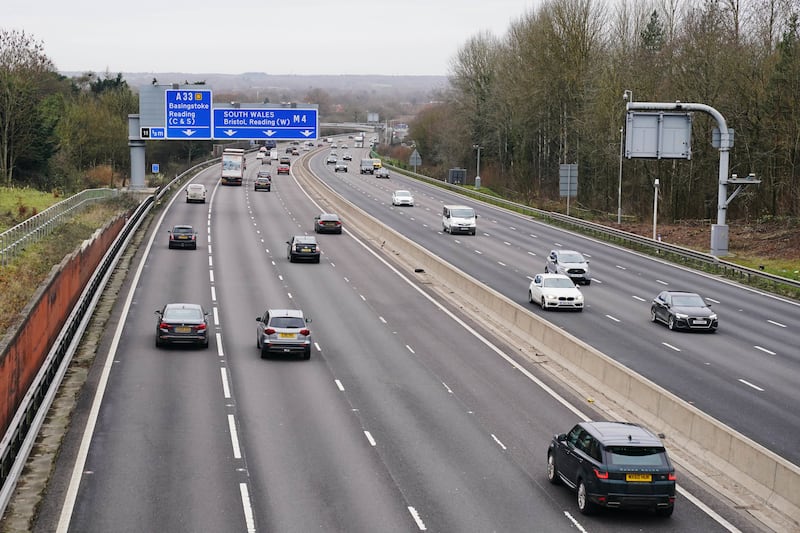Students will be able to fly drones in a dedicated park at a US university as they are encouraged to “experiment and innovate” with the technology.
Virginia Tech has opened its own Drone Park which covers an area the size of an American football pitch and stands eight stories high.
The park is completely enclosed by netting and tops out at 85ft high which makes the park the tallest in the US.
Virginia Tech president Tim Sands opened the facility. He expects it to be used by students “from every college at the university as a place to experiment and innovate”.
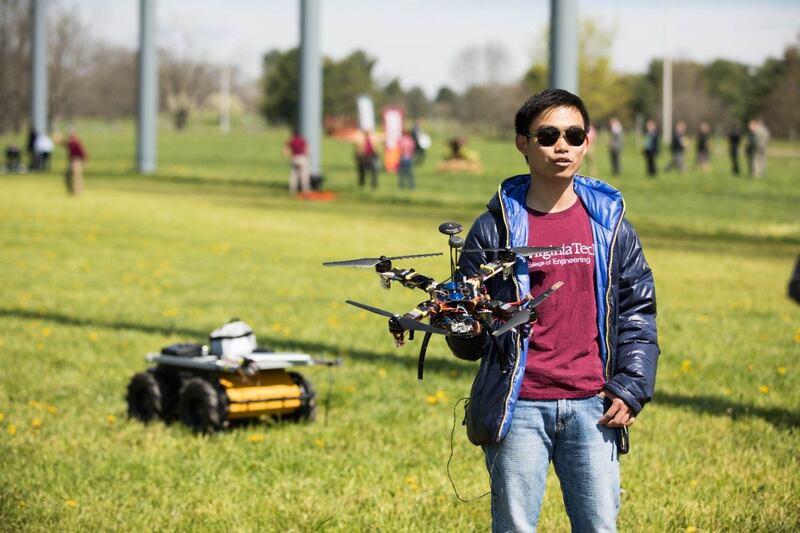
The ribbon he cut to open the park was held in place by a drone flown by aerospace and ocean engineering major Alberto Post. He then flew it on a skyward victory lap.
The #VirginiaTech Drone Park is officially open! Ribbon-cutting done by a drone, of course. 🙌 #WhyVT pic.twitter.com/rPuu4c4l3o
— Virginia Tech (@virginia_tech) April 26, 2018
“The park, intended primarily for student and faculty use, offers an unfettered environment for research, testing, education, and recreation,” said a university spokesman.
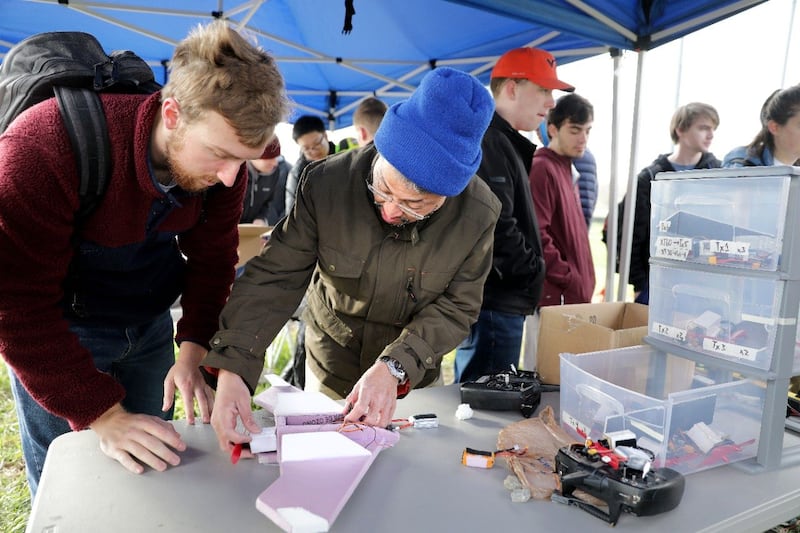
Within the park, novice drone pilots can fly an aircraft after a simple briefing, bypassing usual rules and regulations which govern the devices.
Outside of the park and elsewhere on campus, drone flights are covered by strict Federal Aviation Administration (FAA) laws.
“Inside the park, all you need is a basic safety briefing, free time on the calendar, and an idea,” added the spokesman.
Today at #VirginiaTech, we opened the tallest drone park in the country, where students and researchers can stay innovative with unmanned aerial vehicles. ✈️ Tomorrow, who knows? 😏 pic.twitter.com/zP8kYnUIHO
— Virginia Tech (@virginia_tech) April 26, 2018
Next to the park is a lab building where adjustments and modifications can be made to students’ drones.
The park, which offers three million cubic feet of flight space, is operated by the Virginia Tech Mid-Atlantic Aviation Partnership and a division of the Institute For Critical Technology And Applied Science.
Industry will also be able to use the space to test their drone tech day or night and in various weather conditions.
